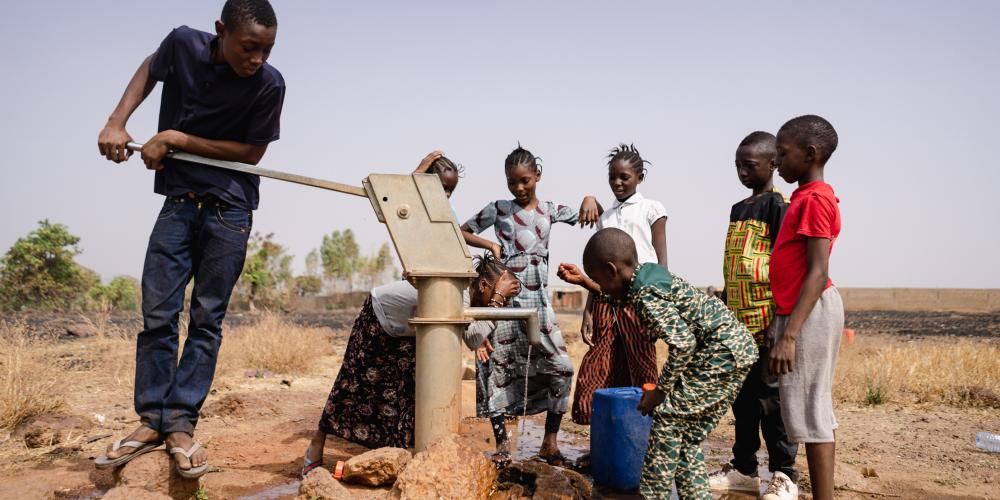
An international team of scholars has completed a reportfor Belgium’s Directorate-General for Development Cooperation and Humanitarian Aid on what needs to be done to decolonise the development sector. Researchers from the Vrije Universiteit Brussel research group Localities, Ontologies, Commons, Integrated (LOCI) were part of the policy support study alongside more than 200 specialists from the sector, both Belgian and international.
The report was produced by an international, transdisciplinary and multicultural consortium of researchers and practitioners from VUB and ULB, and from Bolivia, Cuba, the Democratic Republic of Congo and Uganda. Dozens of people participated in a study that led to the publication of the report: 206 people from different countries and actors, including NGOs, governments, partner organisations and academia. The research team used a participatory methodology to explore the “complexities, tensions and paradoxes” of the Belgian development aid industry and to explore with various actors new ways of thinking that can lead to decolonised forms of cooperation.
“In both Belgium and partner countries, the colonial approach permeates all levels of development aid,” says the report’s lead researcher, Dr Adriana Moreno Cely, a Colombian researcher at VUB who gained a PhD on the subject with her doctorate “Decolonising Research Partnerships in Development Cooperation: Weaving Thoughts, Stories, Senses, and Feelings for Meaningful Transdisciplinary Research Collaborations”.
“The study confirms the constant repetition of colonial patterns embedded in the development model implemented through international cooperation programmes,” says the report. Many organisations no longer feel comfortable with the term “development cooperation” and prefer to think in terms of partnerships. Participants want to put forward other ways to help partner countries in their fight against poverty. “There was a unanimous call to work with donors, policymakers, partner countries and civil society to co-create the development aid programme,” the report says. “This should culminate in a programme based on local priorities and needs, implemented by local communities to strengthen ownership and mutual responsibility.”
The report continues: “We urge readers to be vigilant: decolonisation has become a comfortable buzzword for the aid sector, and that carries risks, namely that decolonisation is ‘co-opted’ and diluted into mainstream narratives of development policy and programmes, without creating profound change. To some extent, this has happened with notions of participation, gender equality and sustainability. Our research warns against being complicit in transforming the concept of decolonisation into a metaphor or imagery instead of daring to dream of alternative futures.”
“I am very pleased with this report,” says Professor Tom Vanwing of VUB’s Faculty of Psychology and Educational Sciences. “Not only because of the industry’s keen analysis of the sector, but also because of the conviction of all the participants that solutions can be found. Decolonisation is a process. Our collaborative thinking exercise has resulted in a model or framework that can be used to achieve decolonisation in practice.”
The research came about in response to a 2021 call for policy support research by the Directorate-General for Development Cooperation and Humanitarian Aid.
As well as Dr Moreno and Prof Vanwing (VUB), the following people contributed to the report: Carla Vitantonio (as an independent consultant), Prof Cesar Escobar (Universidad Mayor de San Simon, Faculty of Agronomy, Department of Rural Development, Bolivia), dr. Dirk Lafaut ‘VUB), Prof Hichem Sahli (VUB), Prof Kintu Mugenyi (Mountains of the Moon University, Faculty of Education, Department of Educational Innovations, Uganda), Prof Maria Mancilla García (ULB) and Prof Nathalie Nakabanda(Catholic University of Bukavu, Law Faculty, Democratic Republic of Congo).
The full report can be found here.